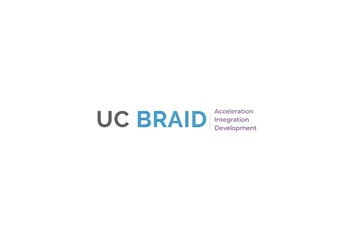NCATS researchers are actively seeking collaborators in the following areas:
Therapeutics for Rare and Neglected Diseases (TRND) Program
TRND, which seeks to improve and accelerate the development of treatments for rare and neglected diseases, is accepting proposals for collaborative projects that focus on preclinical and early clinical development of new drugs for rare and neglected tropical diseases. Letters of intent are due by Sept. 16, and final proposals are due on Sept. 30, 2013. Visit Apply to TRND to get started.
Bridging Interventional Development Gaps (BrIDGs) Program
The BrIDGs program makes available, on a competitive basis, certain critical resources needed for the development of new therapeutic agents. The next opportunity to apply to the BrIDGs program tentatively is scheduled for January/February 2014. Information will be available here.
NIH Chemical Genomics Center (NCGC)
NCGC is one of the centers in the Molecular Libraries Probe Production Centers Network (MLPCN), which is an NIH Common Fund Initiative. Through the MLPCN, NCGC offers biomedical researchers access to large-scale screening capacity, along with the medicinal chemistry and informatics necessary to identify chemical probe molecules and to study the functions of genes, cells and biochemical pathways. For inquiries or to obtain NCGC probe molecules, contact Ajit Jadhav.
NCGC researchers also seek collaborators for assay development and high-throughput screening, chemistry and chemistry technology, automation, and informatics. Learn more.
NIH RNA Interference (RNAi) Initiative
The NIH RNAi Initiative, administered by NCATS, provides state-of-the-art, high-throughput RNAi genome-wide screens for both humans and mice. This resource is available only to researchers at NIH. NIH scientists interested in performing a high-throughput RNAi screen can contact Scott Martin, Ph.D., for more information.
Toxicology in the 21st Century (Tox21) Program
The Tox21 program aims to test 10,000 chemicals and evaluate their potential to cause health problems. Any investigator may propose the development of biological assays for high-throughput screening.
To suggest an assay, submit an assay nomination form to Dr. Menghang Xia. Proposed assays must be compatible with the high-throughput screening guidelines as described in the assay guidance criteria.
Image caption:
Image source:




